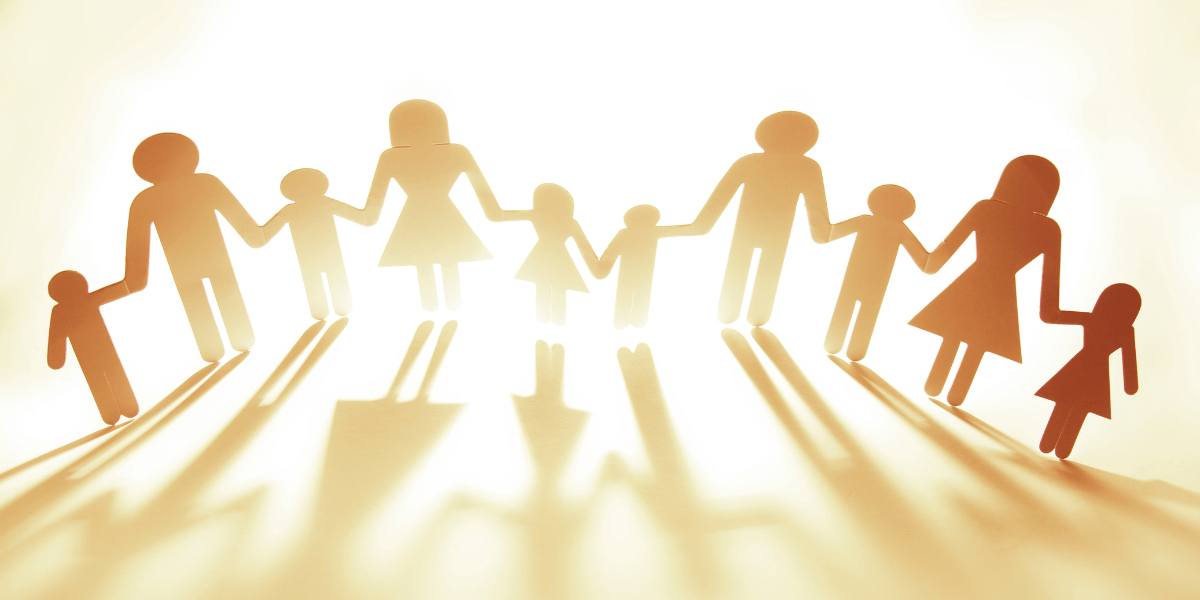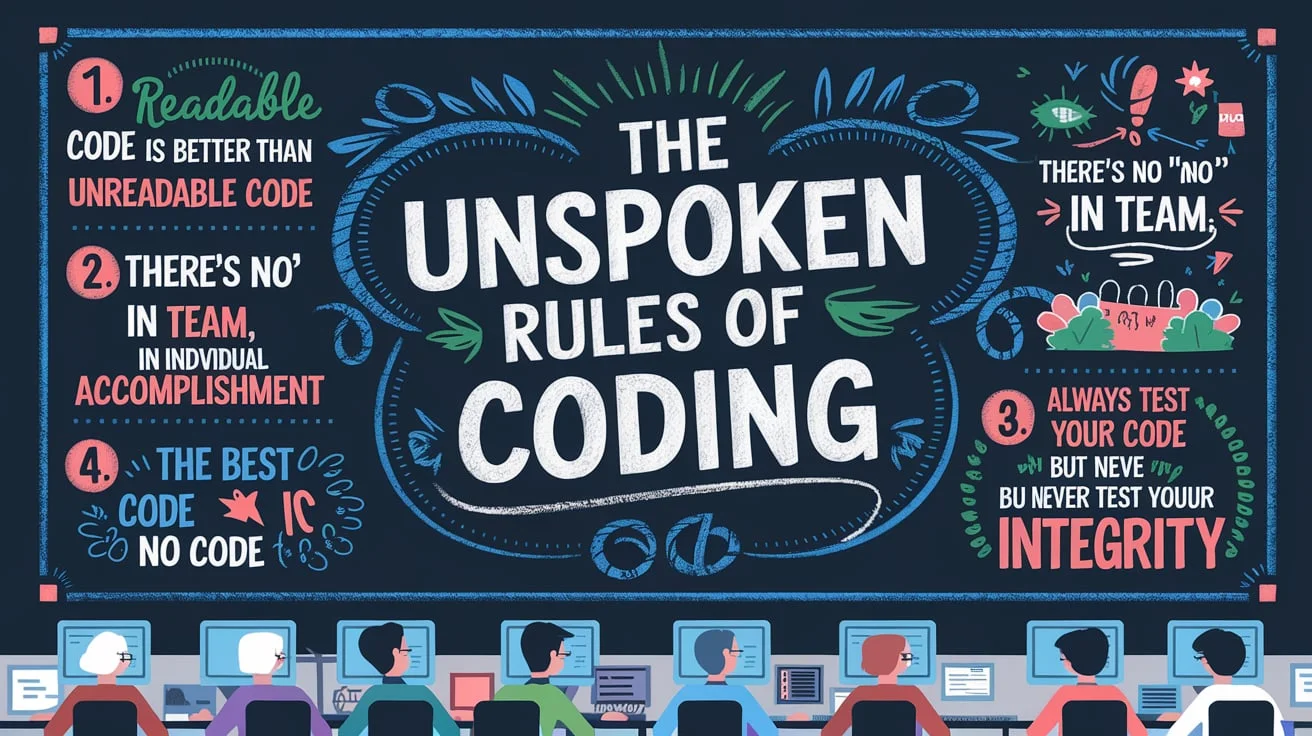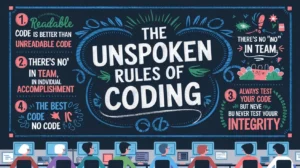The Modern Family: Understanding Its Evolving Dynamics
The Modern Family: Understanding Its Evolving Dynamics
Introduction to Family
The concept of family is as diverse and dynamic as the societies that shape it. Traditionally, a family was defined as a group consisting of parents and their children, living together and supporting each other. However, in contemporary society, the definition of family has expanded to include various structures and relationships, reflecting broader social changes and individual choices. This article explores the evolving dynamics of family, its importance in modern society, and how families adapt to new challenges.
The Definition of Family: A Historical Perspective
Historically, the family unit was predominantly nuclear, consisting of a mother, father, and their offspring. This model was often idealized in media and literature, reinforcing the notion that this was the standard or “normal” family structure. In many cultures, extended families, including grandparents, aunts, uncles, and cousins, also played a significant role in family life.
In the mid-20th century, societal shifts began to challenge this traditional view. Increased divorce rates, changing gender roles, and evolving social norms led to a more nuanced understanding of family. Today, the definition of family encompasses a variety of arrangements, including single-parent families, blended families, and families formed through adoption or surrogacy.
Types of Families in Modern Society
Nuclear Families
Despite the rise of various family structures, the nuclear family remains prevalent. It consists of two parents and their children living together in one household. This model is often seen as the traditional family unit but is now just one of many configurations.
Extended Families
Extended families include additional relatives beyond the nuclear unit, such as grandparents, uncles, aunts, and cousins. This structure is common in many cultures and provides a broader support network, offering emotional, financial, and practical assistance.
Single-Parent Families
Single-parent families are headed by one parent raising one or more children. This family structure can result from divorce, separation, or the choice to raise children independently. Single parents often face unique challenges, including balancing work and parenting responsibilities and managing financial pressures.
Blended Families
Blended families, also known as stepfamilies, form when one or both partners in a relationship have children from previous relationships. This type of family can face challenges related to integrating new family members and managing relationships between stepsiblings and stepparents.
Adoptive and Foster Families
Adoptive families are formed when individuals or couples legally adopt children. Foster families provide temporary care for children who are unable to live with their biological parents. Both types of families play a crucial role in offering stable and nurturing environments for children in need.
LGBTQ+ Families
LGBTQ+ families are formed by same-sex couples or individuals who identify as LGBTQ+. These families may include biological children, adopted children, or children from previous relationships. The recognition and acceptance of LGBTQ+ families have increased in recent years, though challenges and discrimination still exist.
The Importance of Family in Modern Society
Emotional Support and Stability
Family provides a fundamental source of emotional support and stability. In times of stress or difficulty, family members often serve as a comforting presence, offering encouragement, empathy, and understanding. This emotional support is crucial for mental health and well-being.
Socialization and Development
Families play a significant role in socializing children and preparing them for society. Through family interactions, children learn essential life skills, values, and norms. The family environment is where they first experience relationships, communication, and conflict resolution.
Economic and Practical Support
Families often provide practical and economic support, such as financial assistance, childcare, and help with household responsibilities. This support network can be particularly important for single parents, elderly family members, or individuals facing financial difficulties.
Challenges Facing Modern Families
Work-Life Balance
Balancing work and family responsibilities is a major challenge for many modern families. Long work hours, job demands, and economic pressures can strain family relationships and reduce the time available for family activities and quality time.
Technology and Communication
While technology offers numerous benefits, it can also impact family dynamics. Excessive screen time and digital distractions can hinder face-to-face communication and quality time. Families must navigate the balance between digital connectivity and personal interactions.
Diverse Family Structures
The increasing diversity of family structures can sometimes lead to misunderstandings or challenges in social acceptance. Families that do not fit traditional models may face social stigma or lack of support, which can affect their well-being.
Adapting to the Evolving Family Landscape
Embracing Flexibility and Inclusivity
Modern families need to embrace flexibility and inclusivity to navigate the evolving family landscape successfully. This includes recognizing and respecting different family structures and working to support each family member’s unique needs and circumstances.
Strengthening Family Bonds
To strengthen family bonds, families should prioritize spending quality time together, engaging in shared activities, and fostering open communication. Building strong, supportive relationships within the family unit helps create a resilient and cohesive family network.
Seeking Support and Resources
Families facing challenges should seek support and resources available in their communities. This may include counseling services, parenting classes, and support groups for various family types. Access to resources can help families navigate difficulties and improve their overall well-being.
Conclusion
The concept of family has evolved significantly over the years, reflecting broader social changes and diverse individual experiences. Understanding the different types of families and the importance of family in modern society helps us appreciate the unique challenges and strengths that each family structure brings. By embracing flexibility, strengthening bonds, and seeking support, families can adapt to the changing dynamics and continue to provide love, support, and stability for their members.













Post Comment